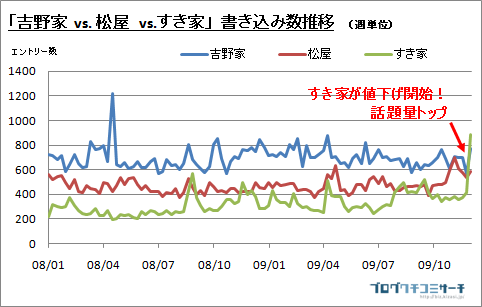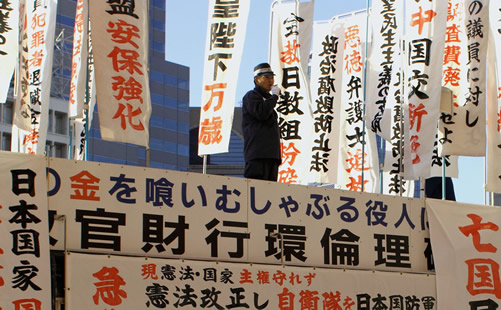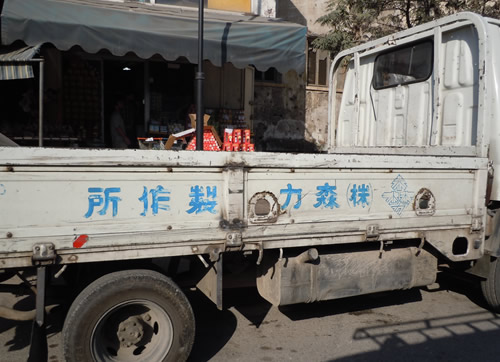The number of local government councilmen in Japan dropped a staggering 39% from 2003 through 2011, according to a recent survey by the Asahi Shinbun. The average compensation for assemblymen also dropped by 8% over the same period.
The drop was most pronounced in the municipalities that merged during the “Great Heisei Merger” of municipalities from about 1999, but it wasn’t limited to just those municipalities and also included prefectures. Municipalities subject to merger over the last ten years or so saw a drop of 58% in the total number of assemblymen — losing more than half the total numbers in just 8 years. The largest single drop was Niigata City, which ten years ago was 13 municipalities, where the merger resulted in a total of 314 local assemblymen to just 56, a drop of 82%. Even in the largest cities of the greater Tokyo area, and large cities mandated by cabinet order (seirei shiteishi), these regions saw a drop of 14% in the number of assemblymen, even though most of these regions were growing.
Having observed politics in the US and in Japan very closely for the past decade, what this shows to me is a surprisingly positive side of reform in Japan. The US would never be able to achieve this type of reduction of publicly elected officials, not even during the “Reagan Revolution.” In Japan it took place through a relatively silent, technocrat revision of government. It was a relatively top-down reform, implemented by incentivizing (or bribing) local municipalities to cooperate with money benefits and guarantees on various financial obligations, and while there are criticisms on both sides about the scope of the reforms, to me, this is a promising sign for Japan’s ability to change in the future.




